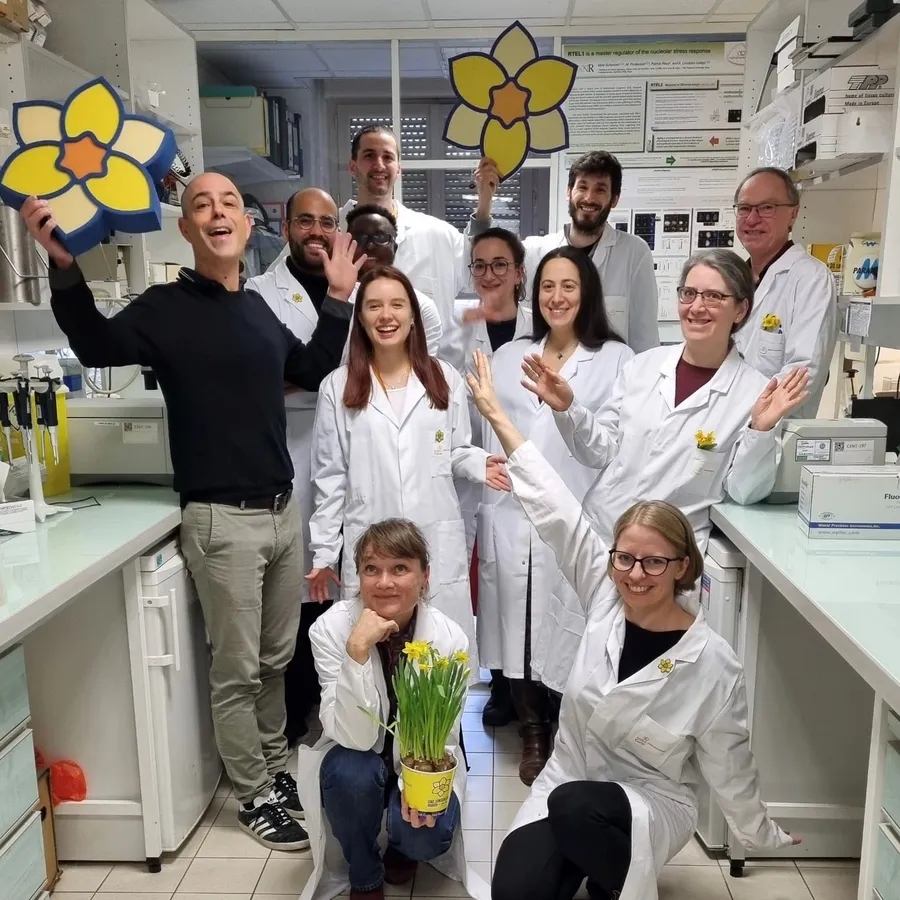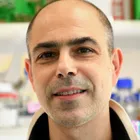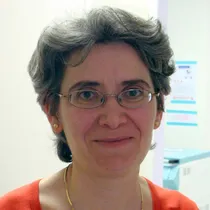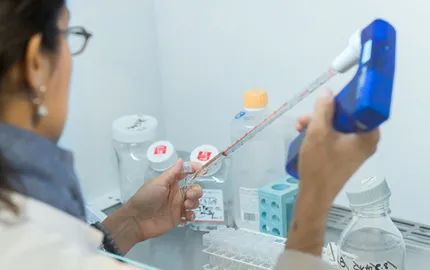Presentation

Our research interest is focused on regulatory noncoding (nc)RNAs. In high eukaryotes, regulatory ncRNAs have been shown to regulate gene expression, chromatin domains and genome stability. There are a growing number of evidence suggesting that they play a central role in cellular homeostasis during normal and pathological development. Regulatory ncRNA can be classified in two categories depending on their size: small noncoding RNAs that makes part of RNAi pathways, and long noncoding RNAs of at least 200 nucleotides in length. The latter transcripts present the most prevalent class of noncoding genes in the human genome and show a high diversity in structure and functions.
We develop original high throughput sequencing and computational approaches allowing exhaustive transcriptomic studies in yeast and humans and identification of novel lncRNA species. They are further studied for their fate and function in both eukaryotic systems.
Finally, we investigate clinical relevance of lncRNAs as non-invasive prognostic biomarkers in cancer.
Twitter/X: @LabMorillon

















 A training Unit International Course - 1 september 2021
A training Unit International Course - 1 september 2021



